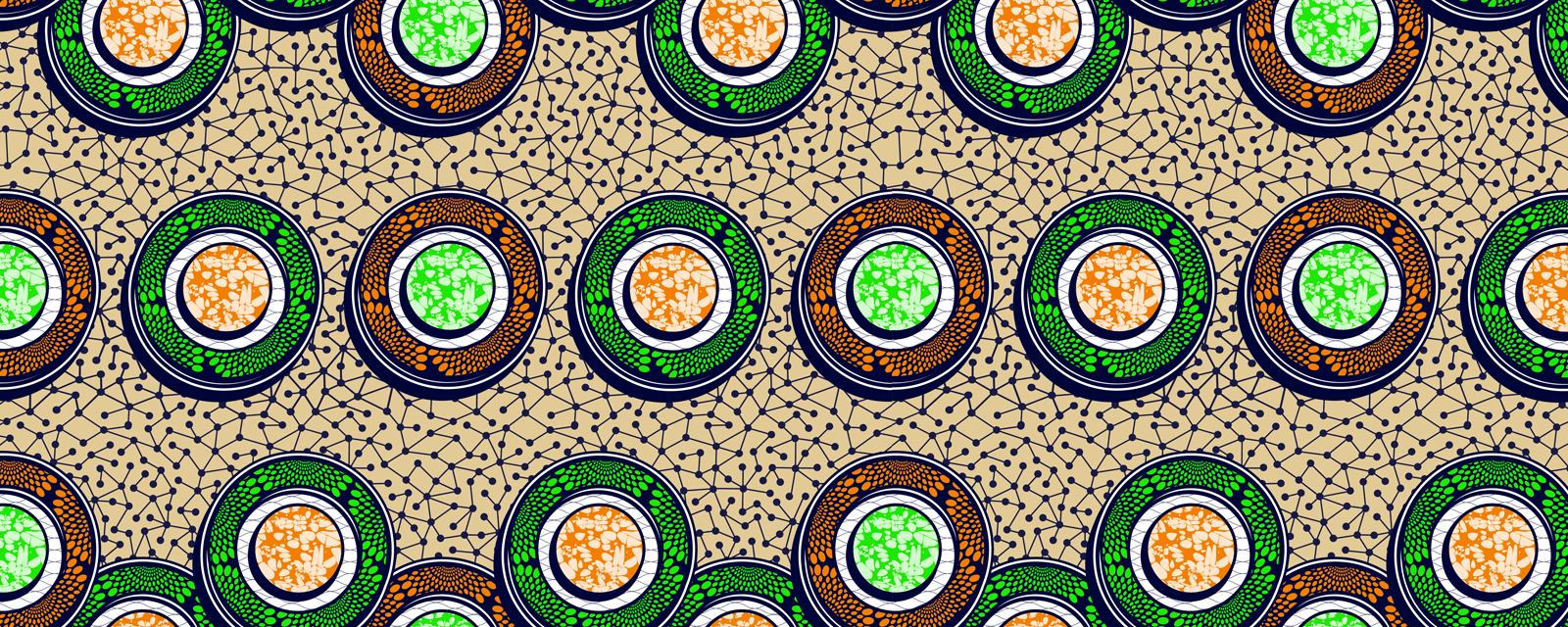A love song, translated from Amharic, the language of government in Ethiopia, spoken originally by the Amhara people of the northern and central highlands. Theirs is a Christian community of great antiquity, the land of the legendary Prester John, its ruling house claiming descent from Solomon and Sheba. The poem combines natural, religious and courtly imagery in praise of the loved one.
You lime of the forest, honey among the rocks,
Lemon of the cloister, grape in the savannah. (1)
A hip to be enclosed by one hand,
A thigh round like a piston
Your back, a manuscript to read hymns from. (2)
Your trigger-happy eye shoots heroes.
Your gown, cobweb-tender,
Your shirt like soothing balm. (3)
Soap? Oh no, you wash in Arabian scent,
Your calf painted with silver lines.
I dare not touch you!
Hardly dare to look back,
You mistress of my body,
More precious to me than my hand or my foot.
Like the fruit of the valley, the water of paradise,
Flower of the sky, wrought by divine craftsmen,
With muscular thigh she stepped on my heart,
Her eternal heel trod me down.
But have no compassion for me;
Her breast resembles the finest gold.
When she opens her heart -
The Saviour’s image!
And Jerusalem herself, sacred city,
Shouts ‘Holy! Holy!’
from Black Orpheus 19 (March 1966)
Footnotes
- Three types of landscape (forest, mountain and savannah) are invoked with their various fruits, together with the cloister. The monasteries of the Ethiopian Orthodox Church are among the oldest in the world.
- Another monastic image.
- Her shirt is of the softest silk.
- The loved one resembles an icon of the Virgin Mary, painted in gold leaf, her exposed heart revealing Christ and Jerusalem.

